Spirit of India
Kochi: Kerala
Mother Masala Tours
Kochi Kerala: Gateway to Arabian Spice Routes
Kochi Kerala. Formerly known as Cochin, is a city located in the southwestern state of Kerala, India, along the serene Arabian Sea. Its name derives from the Malayalam word meaning "small sea," reflecting its coastal geography. The city has a population of over 600,000, making it one of the most significant urban centers in Kerala. Kochi’s history is rich and varied, dating back to the 4th century BCE, when it began as a trading port for spices, attracting merchants from various cultures, including the Chinese, Arabs, and Europeans. In the 16th century, it became a focal point for colonial powers, starting with indigenous influences that paved the way for Portuguese, Dutch, and British rule.
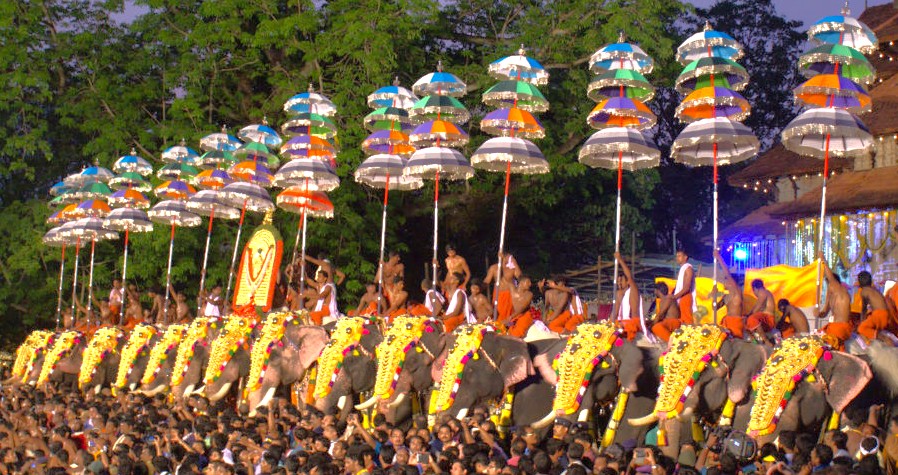
Kochi Kerala: A Little History
Kochi Kerala. Through battles, trade negotiations, and cultural exchanges, Kochi has continuously evolved, leaving behind a legacy that is both historical and cultural. The initial rise to prominence began with the spice trade, a magnet for European colonial interests. The city played a pivotal role in trade routes, facilitating the exchange of spices, silk, and other goods. Over the centuries, Kochi has transformed from a simple fishing village into a cultural melting pot, known for its unique blend of traditions, religions, and lifestyles, all intertwined within the fabric of its stunning landscapes and coastal beauty.
Timeless Artifacts & Sacred Spaces
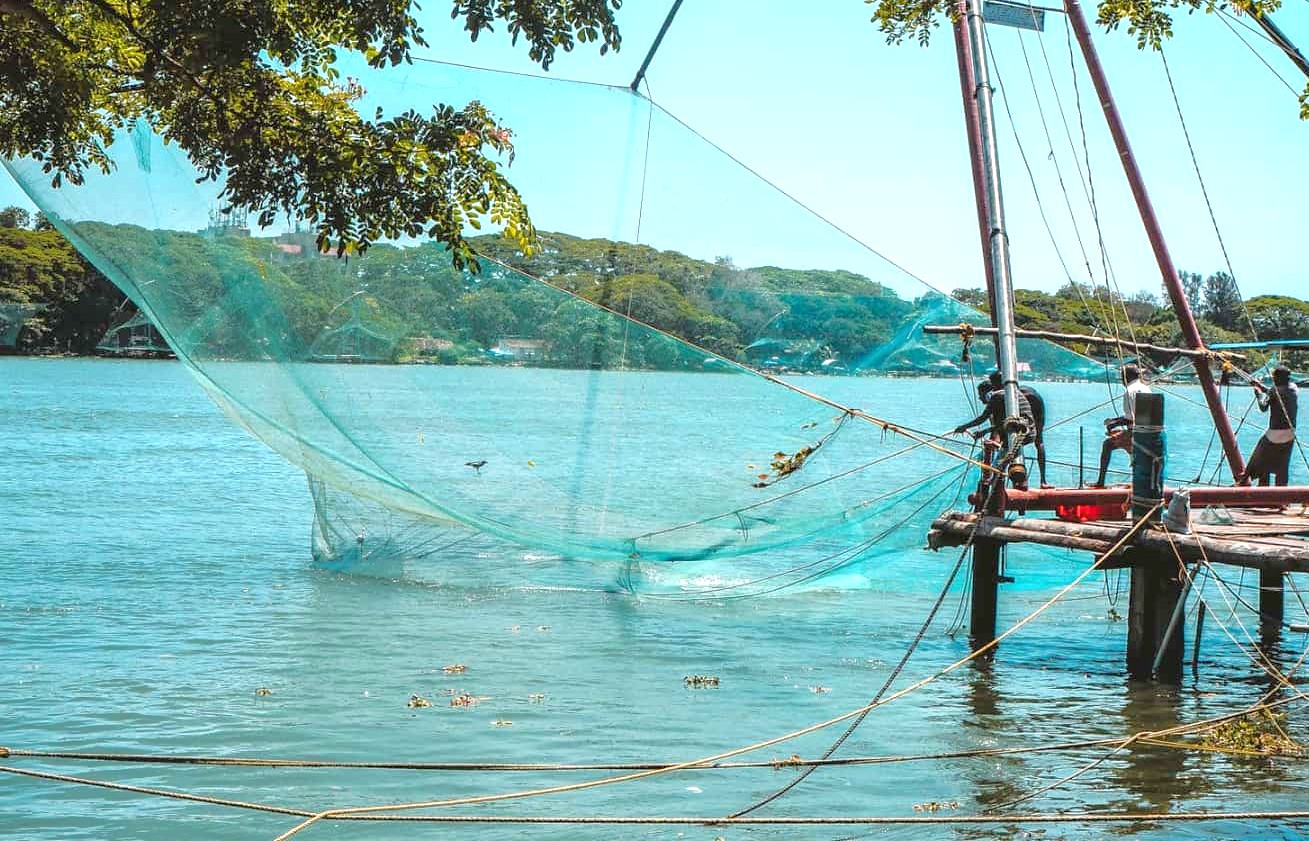
Herewe encounter artifacts that represent the multicultural heritage of the city. One of the notable sites is the Paradesi Synagogue, built in 1568, which contains a treasure trove of historical items, including ancient Torah scrolls and “blue and white” Chinese porcelain tiles that embellish its floor. These artifacts tell the story of Kochi's Jewish community, which thrived in the city for centuries, revealing their traditions and connections to global trade routes.
Ancient Mosaics: Impeccable Craftsmanship
The artistry found throughout Kochi is a blend of local and external influences. The Mattancherry Palace, originally built in 1555 by the Portuguese, features stunning murals painted during the 16th century that narrate Hindu epics like the Mahabharata and Ramayana. The painted walls were created by skilled artisans who seemed to channel a deep understanding of color and composition, reflecting the state's rich cultural narratives. Craftsmen utilized natural pigments sourced from local materials, effectively merging artistry with storytelling. The craftsmanship seen in slight details, such as wood carvings and inlaid designs, enhances the timeless beauty of the structures and serves as a testament to the skilled artisanship of the era.
The Pulse of the Local Community
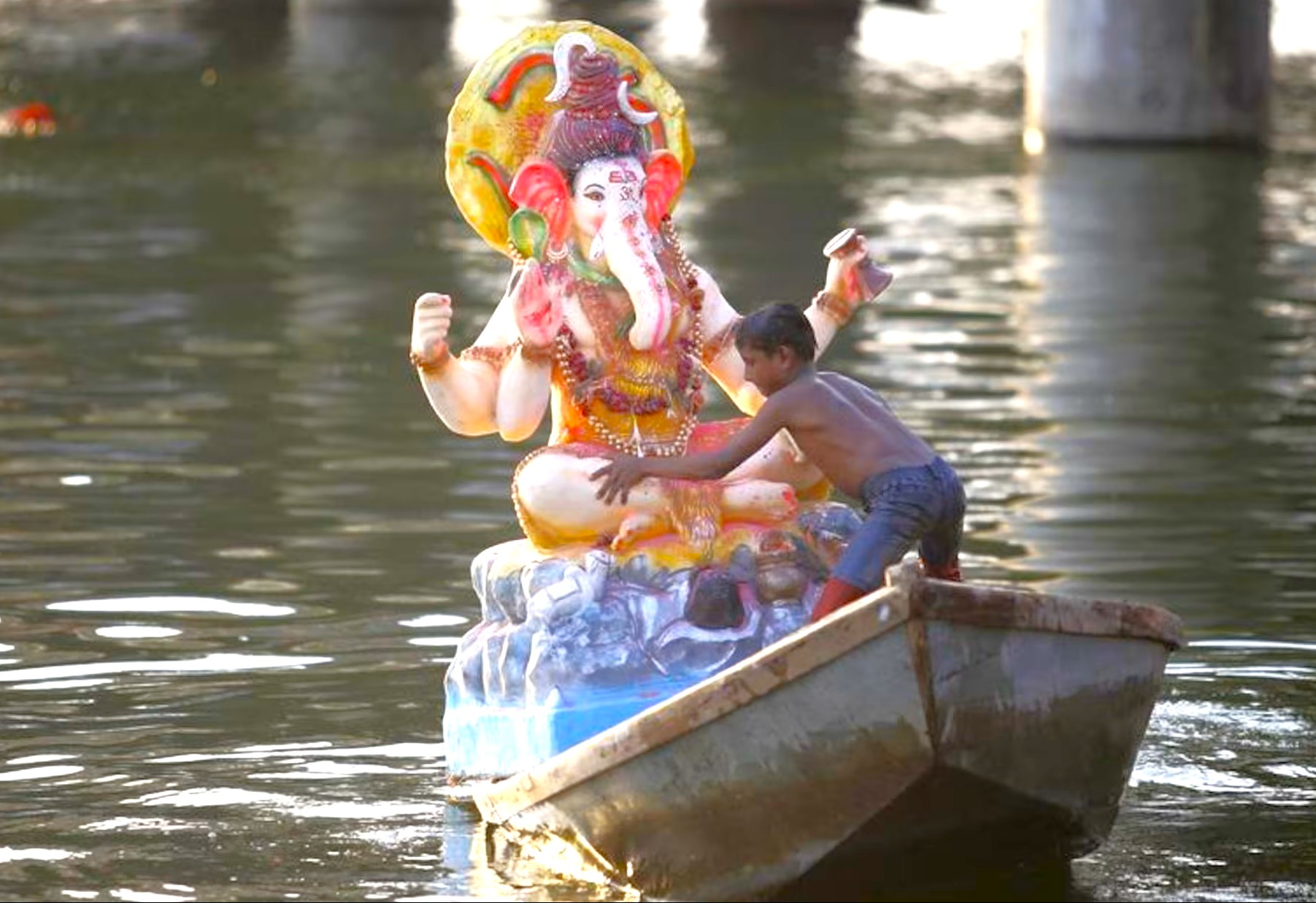
Kochi Kerala. Walking through Kochi, the warmth of the local community is welcoming. The people of Kochi exhibit a friendly demeanor, welcoming everyone with open arms and enthusiastic smiles. Their hospitality is an integral part of the city's identity, encouraging an atmosphere of connection and understanding. Locals take pride in their heritage, sharing stories of their culture, history, and traditions, ensuring that everyone feels a part of their rich community fabric.
Capturing the Magic - A Photographic Haven
Kochi Kerala. Presents a multitude of photographic opportunities that capture the city's essence. The picturesque backwaters, with their reflection of the greenery, and the wonderful colonial buildings provide stunning settings. Every corner offers a unique composition, from the iconic Chinese fishing nets at sunset to the lively scenes in the local markets. Whether you're admiring the beautiful sunset over the harbor or capturing the intricate designs of traditional Kathakali performers, every moment in Kochi is a chance to create lasting memories through photography.
A Culinary Journey: Savor the Flavour
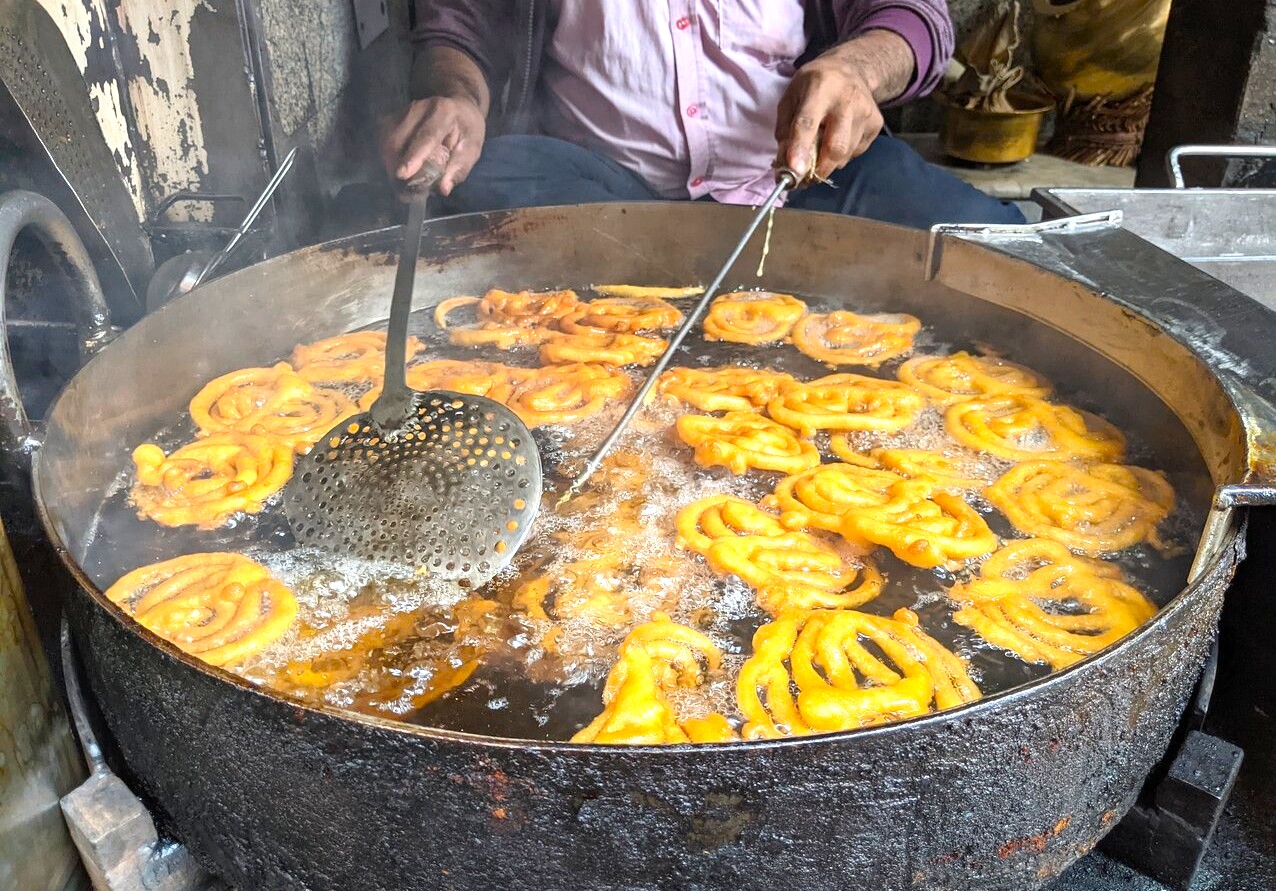
In Kochi, culinary experiences reflect the rich bounty of the Arabian Sea. Local specialties include Fish Moilee, a delicate dish made with fresh fish simmered in coconut milk flavored with spices like curry leaves and turmeric. Another must-try is Kerala Sadya, a traditional feast served on banana leaves, featuring various vegetarian dishes that highlight local produce and spices. Often enjoyed during festivals, this meal captures the essence of Kerala's agricultural richness.
Festivals of Devotion: Honouring the Sacred and the Divine
The festival of Onam, celebrated around August to September, is one of the most colorful and significant events in Kochi. It commemorates the homecoming of the mythical King Mahabali and reveals enthralling traditional dances, exciting boat races, and grand feasts. Locals come together to create intricate Pookalam, flower arrangements that adorn homes and public spaces. Another celebration is the Chinese New Year, which includes vibrant street processions and cultural performances that highlight Kochi’s Chinese heritage.
The Connection with the Gods
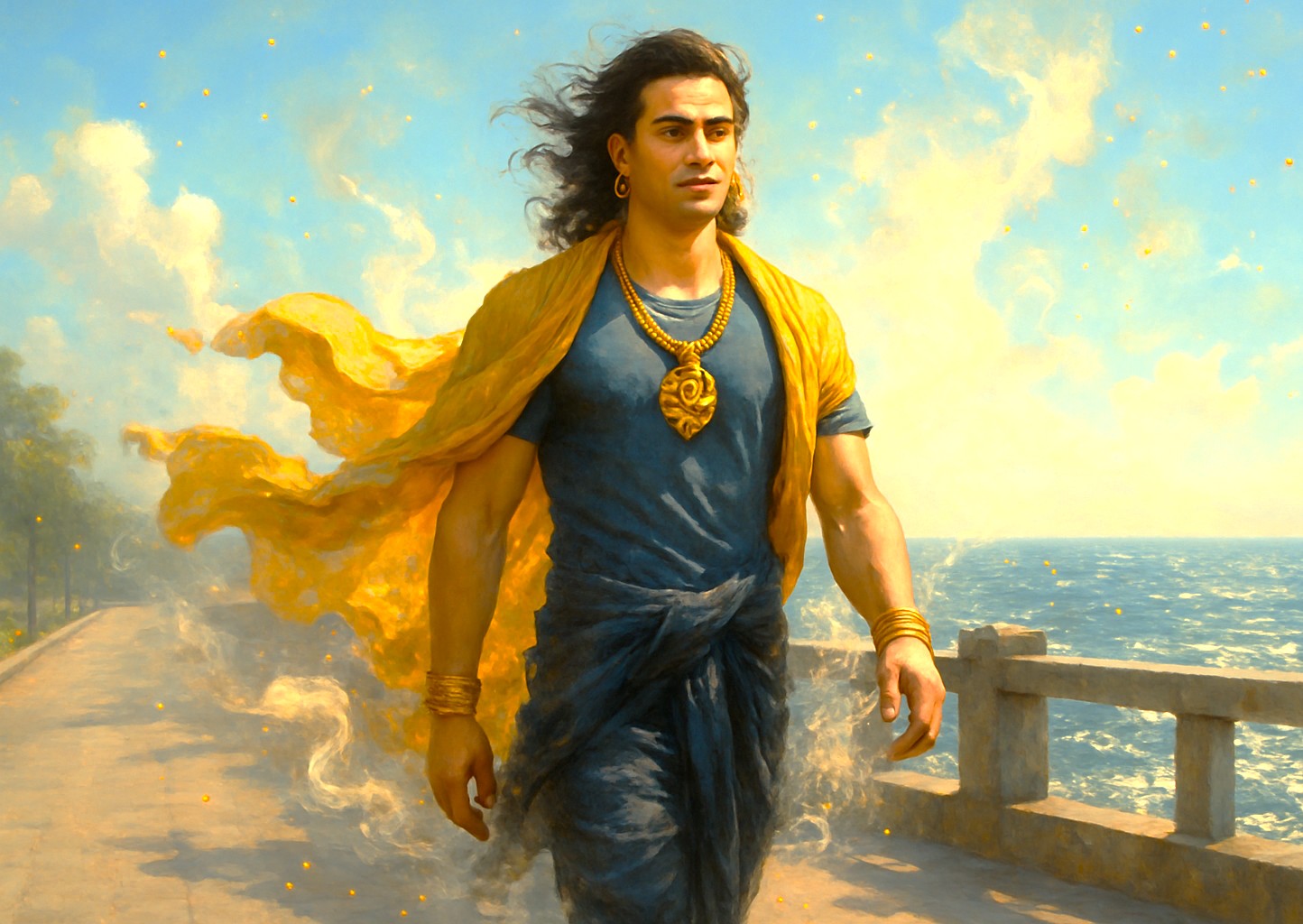
Kochi's religious diversity is beautifully illustrated through its various places of worship, including ancient temples, churches, and synagogues, hosting deities from different faiths. Lord Ayyappa, revered in local temples, embodies perseverance and justice. Legends surrounding this deity often emphasize moral values and the importance of charitable acts. In other locations, we can find echoes of Christian traditions, with stories of St. Francis, who visited Kochi in the early 1500s.
Ancient Technologies - Sound, Sacred Geometry & Astrological Influences
Historic sites frequently incorporate principles of sacred geometry that enhance spiritual energy. The Vasai Fort, dating back to the 16th century, demonstrates fortifications designed using local stone materials, allowing for remarkable acoustics within its walls. These constructions resonate with sound Solefeggio frequencies, such as those around 528 Hz, known for its transformative qualities and association with love and healing.
Serendipitous Meetings - Beyond the Main Path
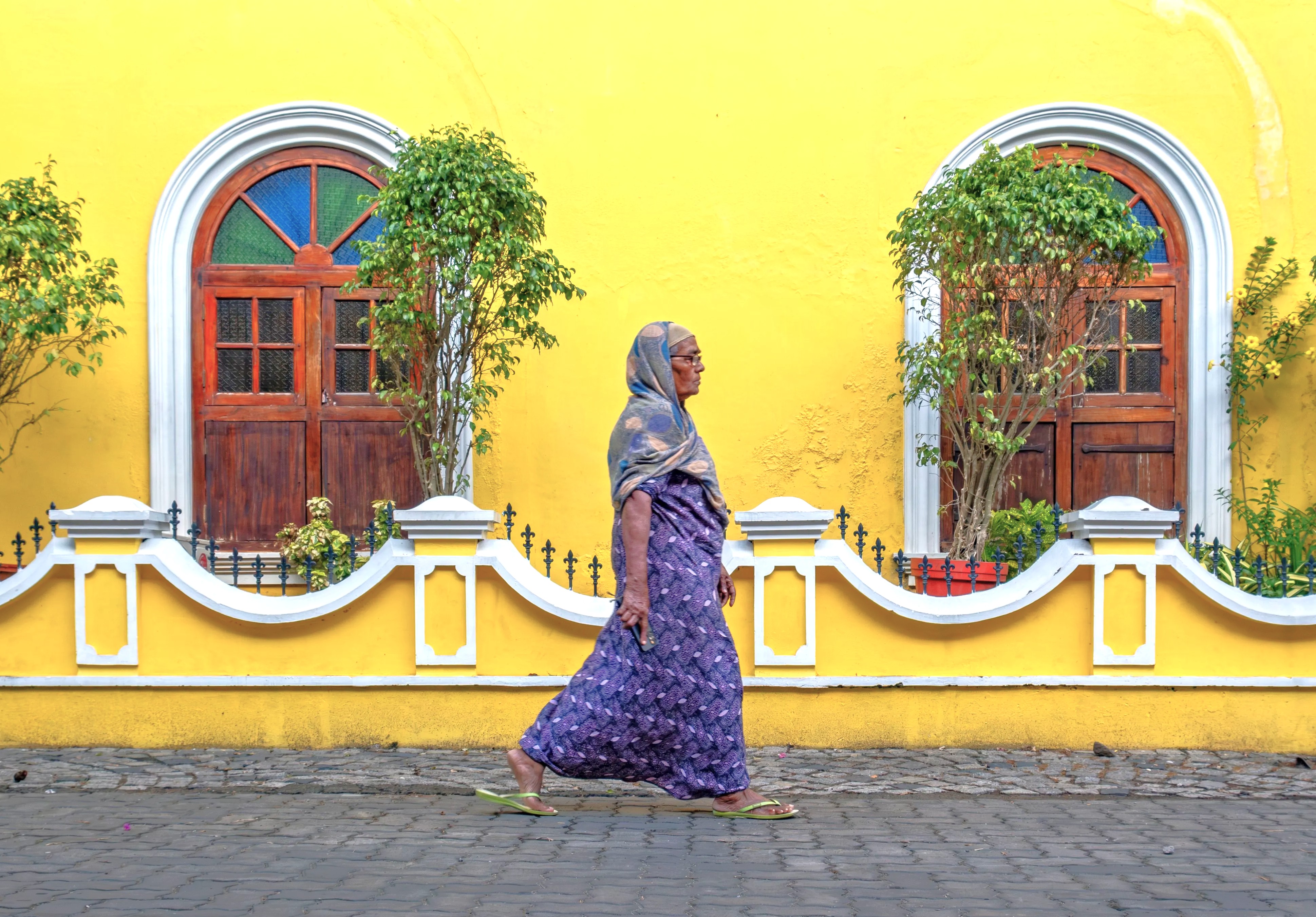
Exploring Kochi’s lesser-known pathways reveals unique interactions with artisans and craftsmen immersed in creating local products. For instance, wandering through areas like the Jew Town, we may discover shops offering handmade spices and beautifully crafted antiques. The intimacy of small factories producing traditional textiles or local arts adds to the experience, as we witness the dedication and passion invested in each item. Engaging with these craftsmen deepens appreciation for the hard work.
Urban Legends: Strange Sightings, Myths and Mysteries
Many local legends add an intriguing layer to Kochi's cultural identity. One enduring myth involves the Chinese fishing nets, believed to be a gift from Kublai Khan, which were introduced to the region in the 14th century. These iconic nets, with their unique mechanism, are said to harness the blessings of the sea, ensuring bountiful catches for fishermen. Additionally, stories of the Vasco da Gama tree, believed to have been planted by the Portuguese explorer, carry a sense of nostalgia and connection to the city's colonial past.
Holy Cow Harmony, It’s India - Join Us
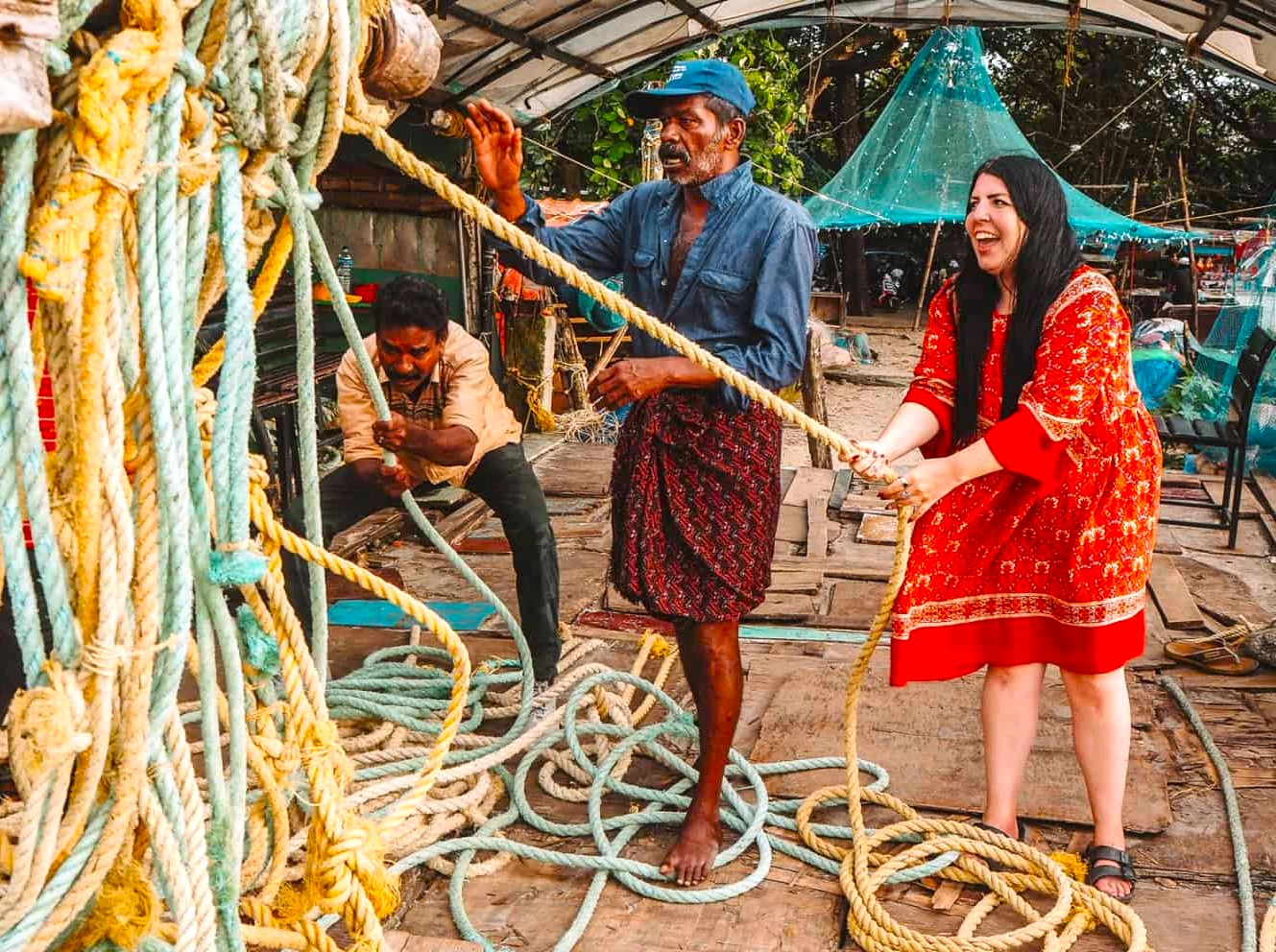
We invite you on a journey through Kochi’s rich cultural landscape, a city where history and modernity blend beautifully. Join us as we explore its fascinating historic sites, from colonial-era streets to the iconic fishing nets at our sunset dinner. We’ll engage with living locals and enjoy the delicious cuisine that defines this incredible coastal city. This experience promises to deepen our collective understanding of Kochi’s vibrant heritage, its creative soul, leaving us with lasting memories of our time here.
Symphony of Generosity: Offerings from Wanderers to Residents
The interchange between the local community and individuals exploring Kochi enriches both parties. Locals share their stories and traditions, while we, in turn, support their crafts and businesses. This exchange fosters mutual respect, creating lasting relationships that honor the city’s heritage while encouraging cultural preservation. Together, we contribute to a collective memory and understanding that transcends generations, making our experience in Kochi meaningful.